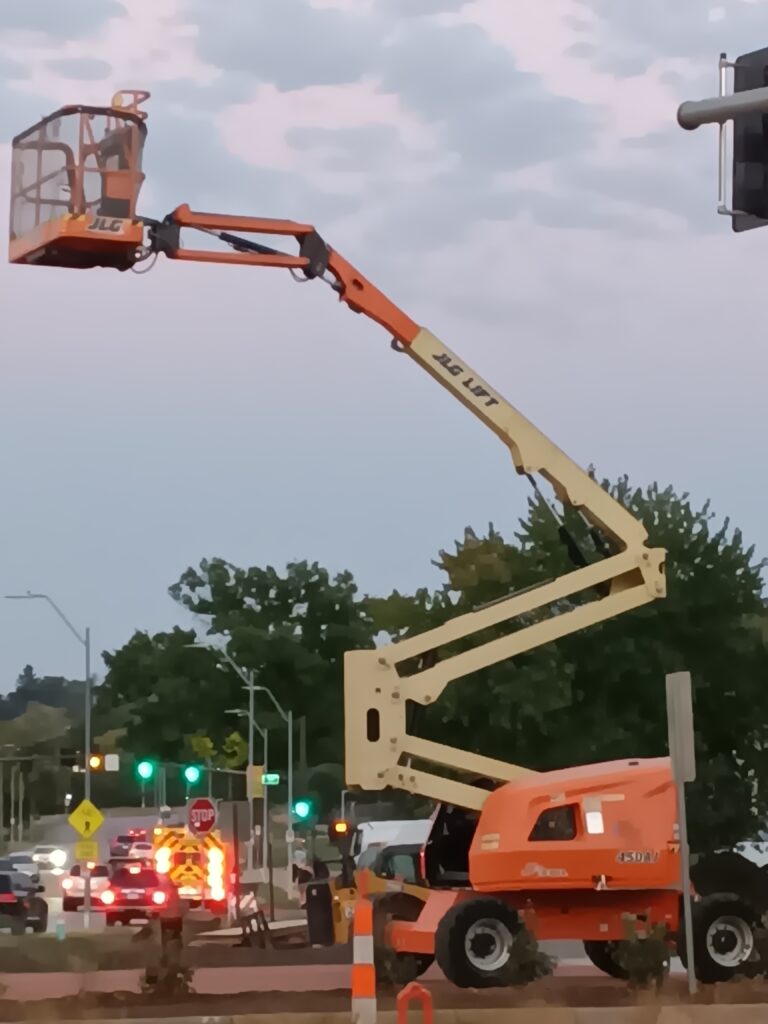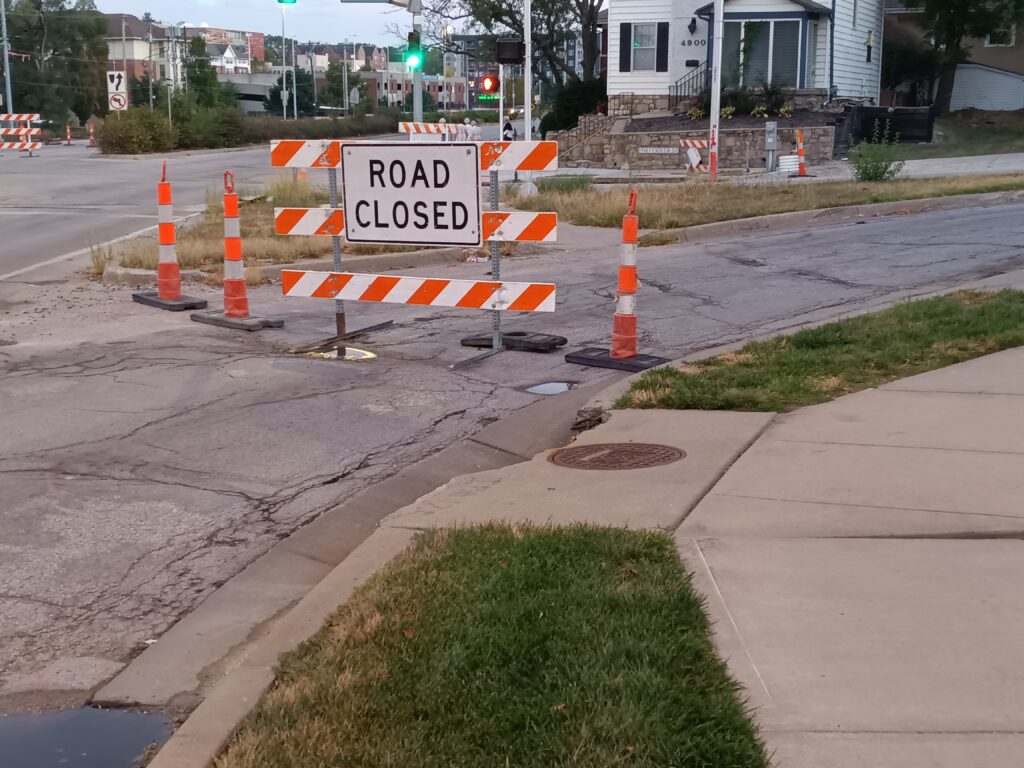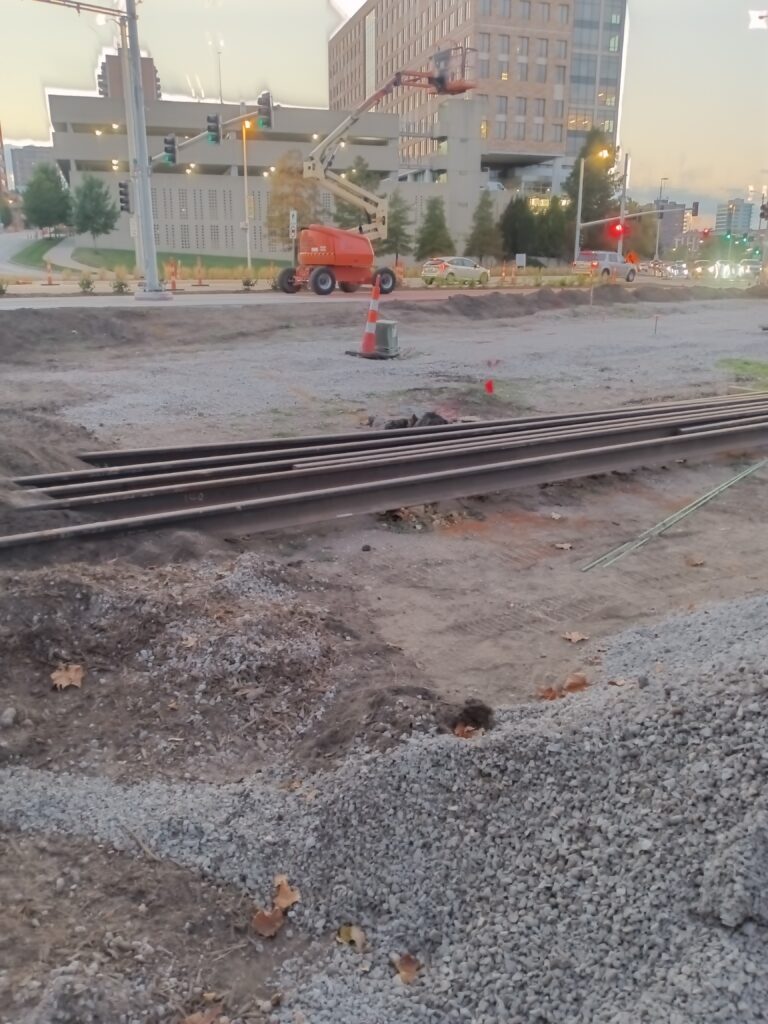Construction Law Ed.
American College of Construction Lawyers
“The American College of Construction Lawyers is an invited association of construction law practitioners, professors, and judges. Founded in 1989, its mission is to improve and enhance the practice and understanding of construction law and to promote the positive role of lawyers as ‘friends of the project.’ The College includes lawyers from the United States, Canada, Britain, Australia, and France. Fellowship is extended by invitation to those who are found to have mastered the practice or the teaching of construction law and dispute resolution in the complex technical and legal fields pertaining to the built environment, whose professional careers have been marked by the highest standards of ethical conduct, scholarship, professionalism, and collegiality, and who have demonstrated a commitment to ‘give back’ to the construction industry. The College provides a professional forum for its Fellows to explore and analyze legal and industry issues arising nationally and internationally. The College’s professional meetings, educational programs, and publications bring together outstanding construction law and industry experts. The College publishes its Journal of the American College of Construction Lawyers, distributed worldwide by Thomson/West.”
American Bar Association Forum on Construction Law
“Members of the Forum represent all segments of the construction industry: owners, design professionals, general contractors, construction managers, subcontractors, suppliers, insurers and sureties. The Forum’s mission is to serve the construction industry through education and leadership while Building the Best Construction Lawyers.”
“ConsensusDocs publishes a comprehensive catalog of 100+ documents that cover all your contract document needs. ConsensusDocs are the only standard contracts developed by a diverse coalition of 40+ leading associations with members from all stakeholders in the design and construction industry. ConsensusDocs contracts incorporate best practices and fairly allocate risk to help reduce costly contingencies and adversarial negotiations.” The main goal of ConsensusDocs is “to transform construction by developing contracts and documents that protect the best interests of the project. Their consensus-first approach allows for their documents to address current trends and best practices within the industry to develop premier contracts that are relevant and useful in the present time. “
American Institute of Architects
“As the largest design organization in the world, AIA is working to transform the day-to-day practice of architecture to achieve a zero-carbon, resilient, healthy, just, equitable built environment, for everyone. What started as 13 architects in a New York office in 1857 has grown to become the largest, most influential network of architects and design professionals in 2023. Our 98,000+ global member community shares a passion for design, a desire to change the world, and a commitment to the highest standards of practice. We don’t follow the standards, we set them. We’re a force for positive change. And together, with our members, we’re designing a better world, for everyone. AIA’s values are at the core of everything we do. From climate change to equity, harassment, and school safety, see where we stand on specific issues and how it influences our work.”
Engineers Joint Contract Documents Committee
“EJCDC® has existed since 1975 to develop and update fair and objective standard documents that represent the latest and best thinking in contractual relations between all parties involved in engineering design and construction projects. EJCDC® represents a major portion of the professional groups engaged in the practice of providing engineering and construction services for engineer-led constructed projects, and includes the participation of more than 15 other professional engineering design, construction, owner, legal, and risk management organizations. EJCDC® encourages the use of its standard contract documents for the benefit of all parties involved in engineering design and construction projects. Any change or modification to the language of a document should be reviewed by legal counsel before using. Users should also be aware that a change in one document may affect related documents and should be coordinated in order to avoid confusing or conflicting language.”
Center of Construction Law & Dispute Resolution
“Lawyers, engineers, surveyors – the Centre of Construction Law & Dispute Resolution brings together students, academics and professionals from across the industry. Our work helps solve construction issues worldwide, from arbitration to supply chain management. We divide our time between our two main activities – teaching and research. The teaching focuses on the two-year MSc Construction Law & Dispute Resolution, which brings together professionals from all over the world. Our diverse community provides the ideal environment to hear and explore new perspectives, and our alumni group are very active in arranging events to continue those conversations after graduation. A major benefit of the course is how our impactful research features directly within the curriculum. That research covers a wide range of areas, all focused on making the world a better place through new models of construction law. Whether it’s improving sustainability or creating better conditions for communities, our work is generating real results in the industry. Our work focuses on six key areas: international construction arbitration, statutory adjudication in the UK and globally, dispute boards/enforcement of DAB and DAAB decisions/interaction of dispute boards with other forms of dispute resolution, collaborative construction procurement, the link between technology and the implementation of construction projects, and the right of residents.”
International Federation of Consulting Engineers
“Founded in 1913, FIDIC is charged with promoting and implementing the consulting engineering industry’s strategic goals on behalf of its Member Associations and to disseminate information and resources of interest to its members. Today, FIDIC membership covers over 100 countries of the world. FIDIC, in the furtherance of its goals, publishes international standard forms of contracts for works and for clients, consultants, sub-consultants, joint ventures and representatives, together with related materials such as standard pre-qualification forms. FIDIC also publishes business practice documents such as policy statements, position papers, guidelines, training manuals and training resource kits in the areas of management systems (quality management, risk management, business integrity management, environment management, sustainability) and business processes (consultant selection, quality based selection, tendering, procurement, insurance, liability, technology transfer, capacity building). FIDIC organizes the annual FIDIC International Infrastructure Conference and an extensive programme of seminars, capacity building workshops and training courses.”
Society of Construction Law-North America
“Founded in 2017, the SCL is a multidisciplinary society which aims for a balance of membership between legal and non- legal members. The SCL and its international sections strive to promote collaboration between experts, attorney’s, professors, engineers, arbitrators, and anyone else that has an interest and desire to improve the process in which disputes in the construction industry are managed and resolved either proactively or retroactively.”
“USGBC is a non-profit organization dedicated to supporting prosperous, healthy and resilient communities. Green building practices are more important than ever. Green buildings save money, improve efficient, lower carbon emissions and create healthier places for people. USGBC is at the forefront of industry discussions and actively advancing these priorities within the market. USGBC engages with federal, state, and local policymakers on both sides of the aisle, as well as a broad range of agencies. They are active in many states and localities and collaborate with volunteers and allies for optimum impact. Through technical assistance, testimony, written comments, sign-on letters, meetings with policy makers, and expert articles and resources, they are working every day to advance green buildings through policy.”
Guided Choice Early Dispute Resolution
“The Guided Choice mediator can help in three ways, in addition to eventually assisting in the settlement negotiations. First, the mediator can act as a facilitator for the exchange of information to enable the decision-makers to be ready to negotiate. Second, mediators using Guided Choice processes understand the importance of identifying the factors that led to stalemate. Finally, the mediator can recommend a customized settlement process that will overcome existing and future impasses.”
“Our vision is to provide interesting, timely, and useful thoughts and information to anyone interested in construction ADR. It may be something that you can use in a hearing or mediation next week, an idea that may apply to a developing dispute, a twist on the “normal” process for mediating or arbitrating that is useful to keep in mind for disputes down the road or just a relevant and thought-provoking idea to add to your ADR knowledge bank. We strive for insight as well as relevance, practical applications as well as concepts.”
The blog of the American Bar Association Forum on Construction Law’s Division 11, In-House Counsel.
Westlaw Resources
Journals listed here as Westlaw resources are available via other research and scholarship platforms as well.
Bruner & O’Connor Construction Law (Treatise)
Construction Lawyer (ABA Forum on Construction Law Journal)
Journal of the American College of Construction Lawyers (Law Journal)
Construction Contracts Law Reports (Newsletter)
Construction Litigation Reporter (Newsletter)
Construction Briefings (Newsletter)
Government Contract Disputes (Treatise)
Lexis Resources
Government Contracts: Law Administration and Procedure (Treatise)
Federal Contract Management (Treatise)
Construction Law Digest (Updates and Developments)
Construction Industry Labor and Employment (Treatise)
Bloomberg Law Resources
Construction Labor News (Newsletter)
Federal Contracting News (Updates and Developments)




© Carl J. Circo 2024. Instructors may use for educational purposes original content from this Construction Law Ed. website, provided they do so at no cost or charge to their students or others. Users are solely responsible to secure permission to use of any materials and resources by others that are in any way referred to on this website. All information, materials, and posts to this website are strictly for academic purposes. Under no circumstances does any content on this website offer a legal opinion or a professional service of any kind or establish a lawyer-client relationship or any other contractual or professional relationship or responsibility.
Construction Law Ed. benefits from valuable research funding from the University of Arkansas School of Law and from the Ben J. Altheimer Foundation. Bailey Lovett, University of Arkansas School of Law 2025, provided excellent research and technical support during the website development process.